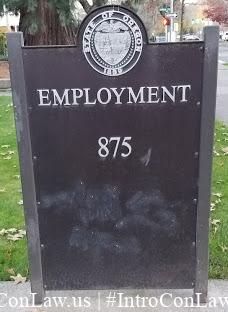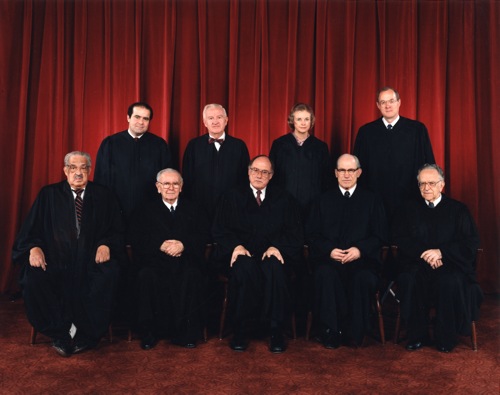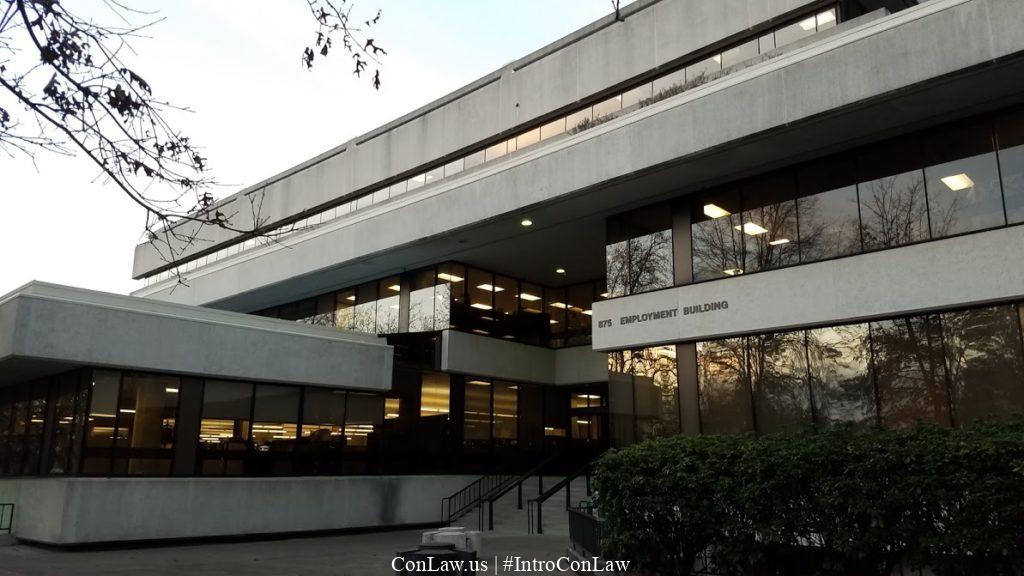



Al Smith lost his job as a drug-abuse counselor due to his use of peyote. He ingested the hallucinogenic cactus as part of a ritual in the Native American Church. Oregon denied unemployment benefits to Smith because he was “discharged for work-related ‘misconduct’”—that is, using an illegal controlled substance.
The Oregon courts ruled that the Employment Division was required to exempt Smith from its generally applicable law, and grant him unemployment benefits. The state appealed the case to the Supreme Court. The question presented was “whether Oregon’s criminal law against the use of certain mind-altering drugs including peyote, can constitutionally be applied to the respondent’s sacramental use of peyote in ceremonies of the Native American Church.”
The Supreme Court reversed, and ruled against Smith. Justice Scalia wrote the majority opinion.